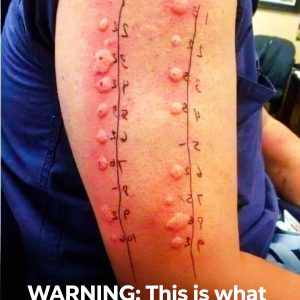Over the last decade, scientists have uncovered just how deeply the trillions of microbes in our digestive tracts influence human well-being—shaping everything from mood and body weight to the risk of autoimmune disease. Now a set of animal experiments reported in The Journal of Immunology points to the maternal gut as a possible factor in the origins of autism-spectrum disorders.
Researchers at the University of Virginia School of Medicine zeroed in on a signaling protein called interleukin-17a (IL-17a). Known for its role in fighting infections and for its links to conditions such as rheumatoid arthritis and psoriasis, IL-17a also influences how the fetal brain wires itself. “The community of microbes a mother carries can tune her baby’s developing immune system and, indirectly, the brain,” explained study author John Lukens.
To test that idea, the team compared two groups of pregnant mice. Females in the first group harbored gut bacteria that crank up IL-17a-driven inflammation; those in the second group did not. When researchers chemically blocked IL-17a, pups from both sets displayed typical social behavior. But when the molecule was left alone, offspring of the first group later showed repetitive actions and social deficits resembling autism in mice.
The clincher came from a fecal-microbe transplant. Mice from the low-risk colony received gut bacteria from the high-risk colony—and their pups likewise developed autism-like traits. Swapping the microbiome alone was enough to tip the balance.
While mouse results do not automatically translate to people, the findings strengthen the case that a mother’s intestinal ecosystem can sway neurodevelopment. Lukens and colleagues now plan to hunt for similar patterns in human pregnancies and to probe other immune molecules that may work alongside IL-17a. If confirmed, their work could eventually open new paths for early-life interventions—perhaps by modulating the maternal microbiome long before birth.





